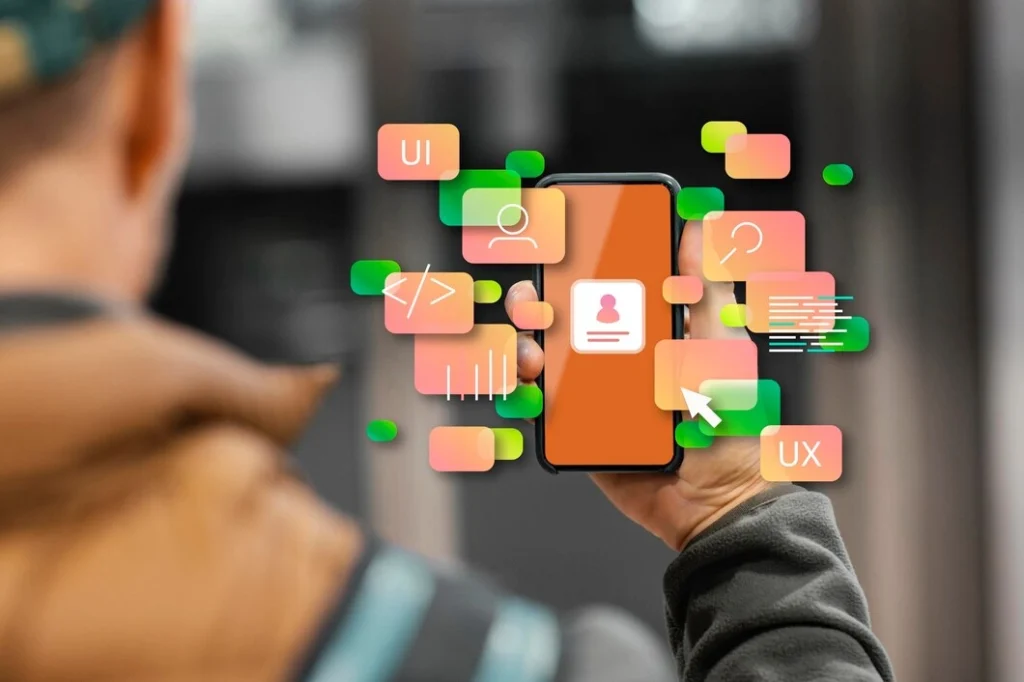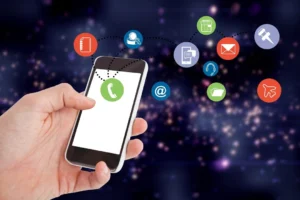WhatsApp Business automation is making a huge impact on how companies engage with their customers. If you’re wondering how automation fits into your business strategy, this blog will walk you through various use cases that can help streamline operations. This isn’t just about sending messages; it’s about saving time, improving the customer journey, and ensuring smooth business processes.

What is WhatsApp Business Automation?
To put it simply, WhatsApp Business automation involves automating tasks within the app, like sending out responses, updating customers about their orders, and much more. These tasks would normally take up a lot of manual effort, but with automation, everything runs like clockwork.
For example, instead of manually sending out appointment reminders or marketing offers, automation steps in and delivers these messages at the right time. The beauty of this is that you can scale your communication without needing a large team to manage it.
By using automation, companies can efficiently handle customer requests without overburdening their team. This leads to faster responses, better customer service, and more time for your team to focus on what truly matters—growing the business.
Why Should You Care About Automation?
You may be asking yourself, why go through the trouble of setting up WhatsApp automation? It’s simple: automation helps save time and resources. Whether it’s handling repetitive queries or making sure your marketing messages go out on time, automation ensures nothing falls through the cracks.
Furthermore, automation doesn’t just benefit your internal operations. It also greatly improves the customer experience. Customers don’t like to wait, and with automated systems in place, they don’t have to. Whether it’s a simple query or an order update, automation delivers responses in real time, giving customers what they want when they want it.
Finally, consider the scalability. As your business grows, so will the volume of customer interactions. Without automation, you would need a larger customer service team. With automation, you can handle increased demand without significantly increasing overhead.
Top Use Cases for WhatsApp Business Automation

Now, let’s dive into some practical applications of WhatsApp Business automation. These are the top use cases that can transform how your business operates and interacts with customers.
1. Automated Customer Support
Customer service can make or break your business. But, responding to every customer query manually can be overwhelming. This is where automation steps in. By setting up automated replies for frequently asked questions (FAQs), you can reduce the workload on your team. For example, simple queries like “What are your business hours?” or “How can I track my order?” can be answered instantly by a chatbot.
2. Marketing Campaigns and Promotions

Another great use case for WhatsApp automation is running marketing campaigns. Whether it’s a flash sale or a new product launch, automation ensures that your messages reach your customers at the right time. You can schedule messages in advance, ensuring timely delivery without manual input. Imagine reaching all your customers in one click, promoting special offers, and tracking responses—all automated!
3. Abandoned Cart Reminders
For e-commerce businesses, abandoned carts are a big issue. Many customers add items to their cart and then abandon them without completing the purchase. Automating reminder messages is a powerful way to recover these sales. You can set up WhatsApp to automatically send a message to customers, reminding them about the items they left behind. These gentle reminders can help bring customers back to complete their purchase.
4. Order and Delivery Notifications
Customers want to stay updated on their orders, and WhatsApp automation allows you to send real-time updates. Whether it’s confirming the order, notifying them of shipping, or providing a delivery timeline, automation keeps your customers informed without needing any manual input. This provides customer satisfaction as they feel connected to every stage of their purchase.
5. Appointment Scheduling and Reminders
For businesses that rely on appointments, scheduling and reminder messages can eat up a lot of time. With WhatsApp automation, you can simplify the process. Whether you’re a healthcare provider, a salon, or a service business, you can automate appointment confirmations, rescheduling options, and reminders. This reduces no-shows and ensures that your schedule runs smoothly.
6. Feedback Collection
Collecting customer feedback is essential for improving your services, but manually reaching out to every customer is not feasible. WhatsApp automation can send out feedback requests automatically after a customer completes a purchase or receives a service. This not only saves time but ensures you consistently gather the insights needed to improve customer satisfaction.
7. Product Recommendations
If you run an online store, you know how effective personalized product recommendations can be. WhatsApp automation allows you to send personalized suggestions based on the customer’s browsing history or previous purchases. This makes customers feel valued and increases the chances of repeat purchases.
8. Nurturing New Customers with Drip Campaigns
When a new customer joins your platform, it’s crucial to keep them engaged. Drip campaigns, which send out messages over a period of time, can help you onboard new customers with ease. By automating a series of helpful messages or product recommendations, you ensure that new customers stay engaged without overwhelming them.
Advanced Use Cases for WhatsApp Business Automation

While the basic use cases above are essential, there are also more advanced ways businesses are leveraging WhatsApp automation to get ahead.
1. Personalized Customer Journeys
Advanced businesses are using WhatsApp automation to create highly personalized customer journeys. By integrating WhatsApp with their CRM system, companies can automate tailored interactions based on customer data. For instance, if a customer hasn’t interacted with your business in a while, an automated message can be triggered to re-engage them with a special offer.
2. Loyalty Program Management

Managing loyalty programs can be tedious, but WhatsApp automation simplifies it. You can automatically notify customers when they’ve earned points, remind them about expiring rewards, or offer exclusive deals. This keeps your customers engaged with your loyalty program without manual intervention.
3. Event Management
If your business frequently hosts events, WhatsApp automation can help streamline the communication process. From sending event reminders to confirming attendance, you can automate the entire flow. Post-event, you can also use WhatsApp to collect feedback or send thank-you messages.
4. B2B Communication
Automation isn’t just for B2C businesses. B2B companies can use WhatsApp automation to streamline client communication. From automating meeting reminders to sending out project updates, WhatsApp helps keep communication clear and efficient.
5. Multi-Language Support
One of the challenges for global businesses is providing support in multiple languages. WhatsApp automation can be used to offer multi-language customer support. Automated replies can be set up in different languages based on the customer’s location or preferences. This allows you to offer personalized support without the need for a multilingual team.
Wrapping Up the Use Cases for WhatsApp Business Automation

As we’ve seen, WhatsApp Business automation offers a wide range of practical use cases that can significantly transform how your business operates. Whether it’s simplifying customer support, running seamless marketing campaigns, or ensuring timely order updates, automation takes the repetitive work off your hands.
By incorporating these use cases into your strategy, you not only improve efficiency but also create a more consistent, responsive, and satisfying experience for your customers. The right automation can keep your business running smoothly and help you maintain strong customer relationships with minimal effort.



